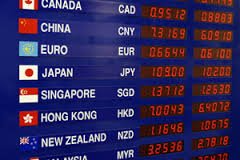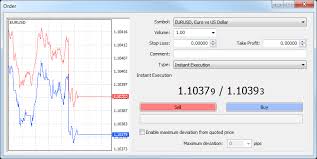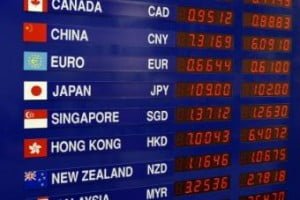
What is an indirect quote?
Is the price of a currency pair expressed as amount of foreign currency per unit of domestic currency.
In other words, when an indirect quote is given, the exchange rate is expressed relative to a fixed amount of the national currency (1 unit), while the amount of foreign currency is variable.
For example, if we are in the United States, the indirect quote for the Canadian dollar would be 1.17 CAD = 1 USD, so the exchange rate of the indirect quotation is expressed as USD/CAD 1.17 because it is the expression that reports the amount of CAD per unit of USD which is the national currency (for 1 USD we can obtain 1.17 CAD). If we were in Canada the indirect quotation of the US dollar would be 0.85 USD = 1 CAD (CAD/USD 0.85 indicates that for 1 CAD, which is the national currency, we get 0.85 USD). As we can see, in an indirect quote the base currency of the currency pair is the national currency.







